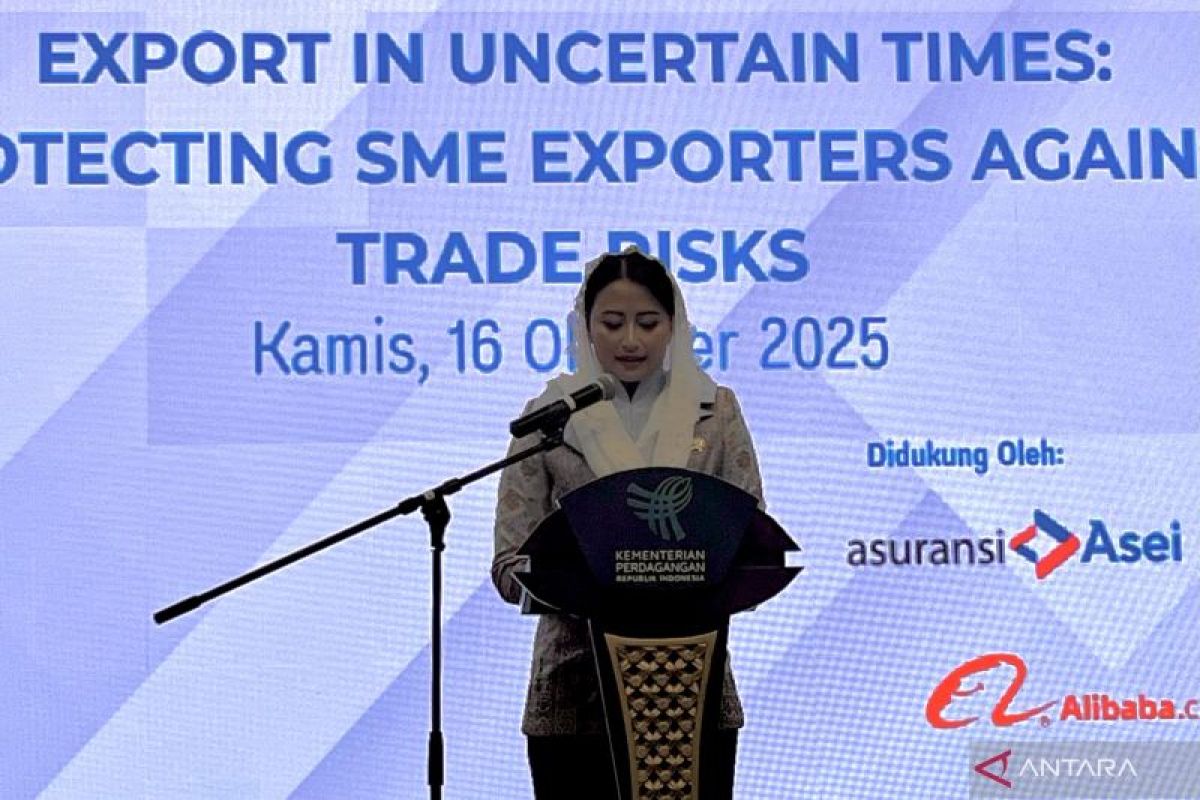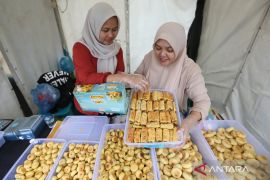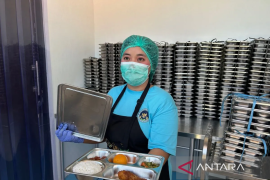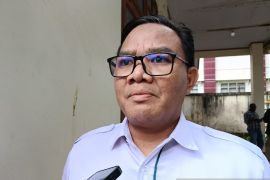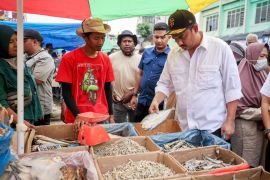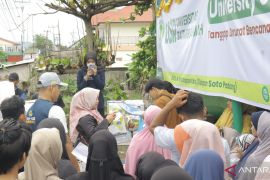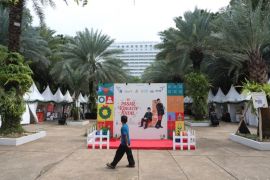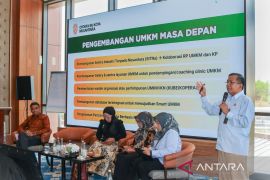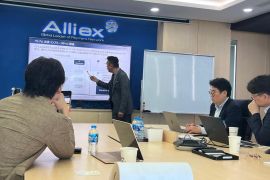Speaking at the 40th Trade Expo Indonesia, Esti said evolving trade strategies are aimed at helping MSMEs manage global risks while tapping into new market opportunities.
“Indonesia’s trade policies continue to evolve to support exporters, especially MSMEs, in addressing global risks while simultaneously seizing new opportunities,” she said.
The government has launched a series of programs and import deregulation measures to support MSME export performance.
One key move was the issuance of Trade Minister Regulation No. 16 of 2025, which replaced older regulations including No. 36 of 2023, to simplify import policies and ease business processes.
The reform aims to improve investment flows, create a business-friendly climate, and enhance industrial competitiveness.
Related news: HLF MSP to address MSME funding amid global crises
“The government is currently conducting a comprehensive deregulation program, including improving the licensing system, advancing digital trade services, and increasing investment,” Esti said.
The Ministry of Trade is also promoting its priority program, UMKM BISA Ekspor, which supports MSMEs in becoming exporters through product curation, business matching with foreign buyers, exhibition access, and training.
Efforts to expand digitalization, improve financial inclusion, and upgrade logistics infrastructure are also part of the broader strategy to increase productivity and integrate MSMEs into global value chains.
According to the Coordinating Ministry for Economic Affairs, MSMEs are vital to the economy, contributing 60.51 percent to Indonesia’s GDP and 15.7 percent to total exports.
“These reforms aim not only to support MSMEs in the current climate but to ensure their long-term role in strengthening Indonesia’s position in global trade,” Esti said.
Related news: Indonesia boosts MSMEs to enhance national economy, global reach
Translator: Arnidhya Nur, Raka Adji
Editor: Rahmad Nasution
Copyright © ANTARA 2025
